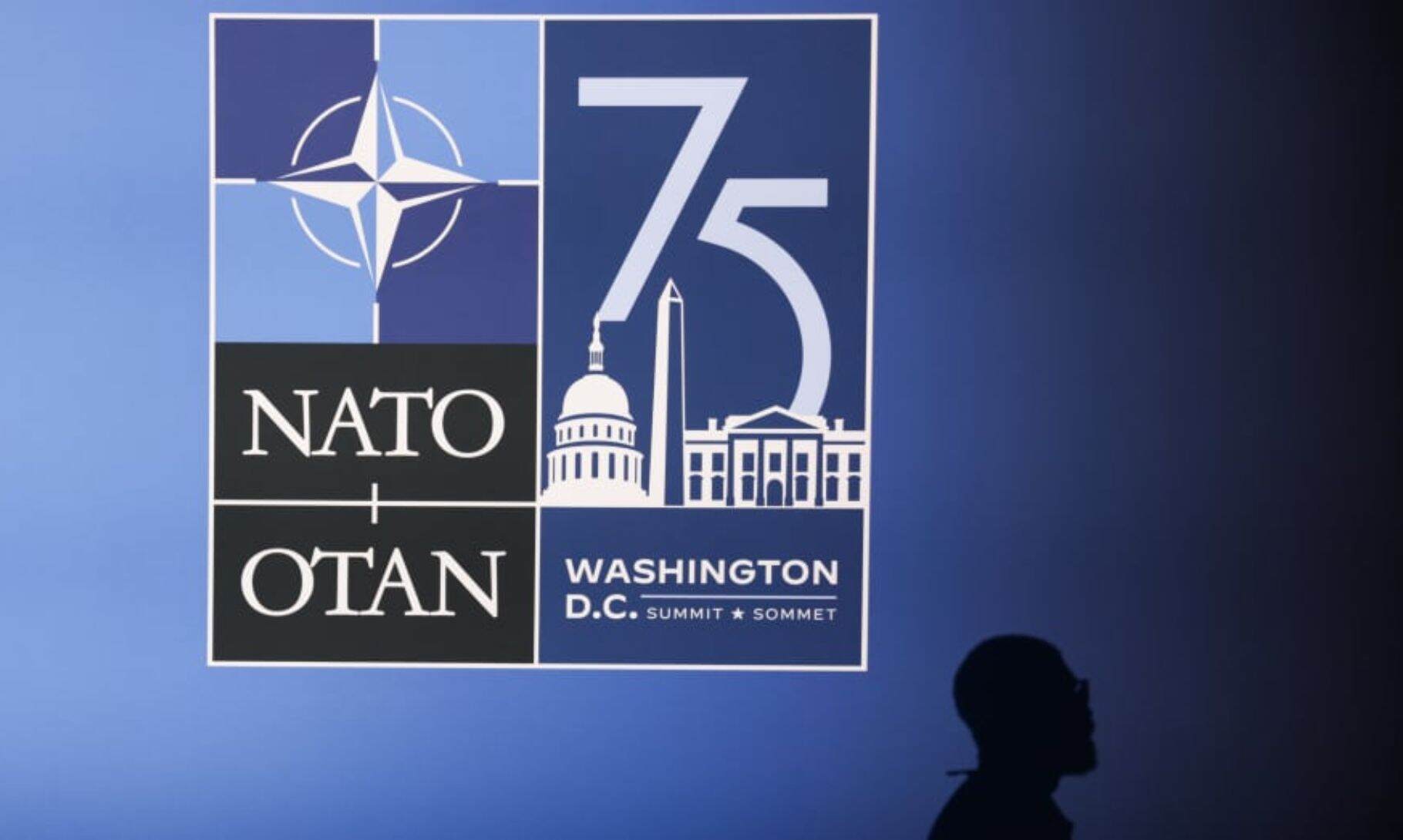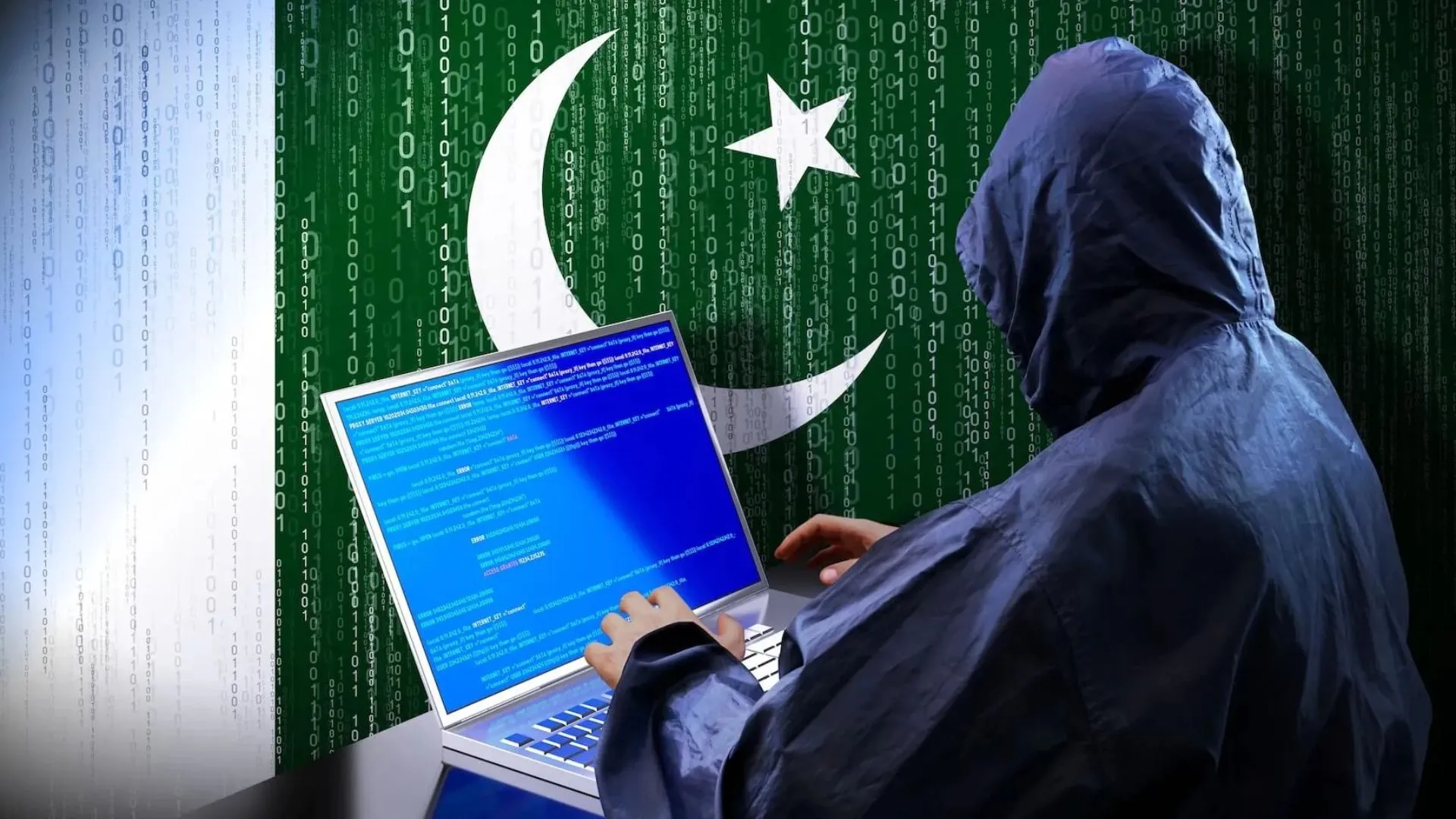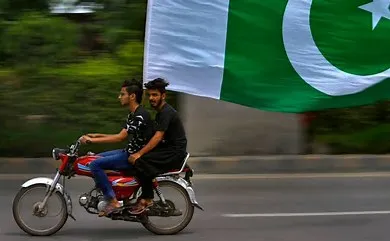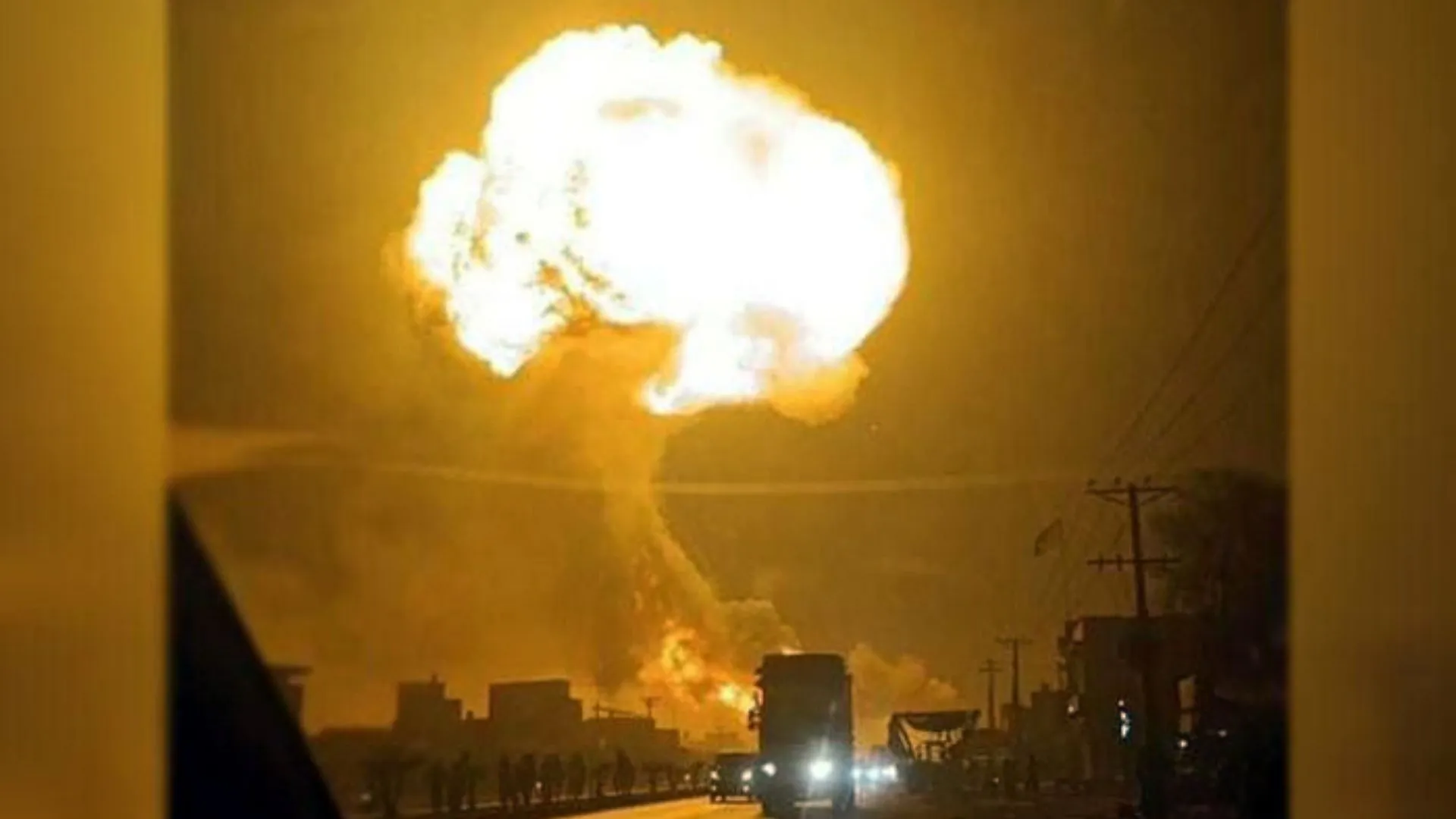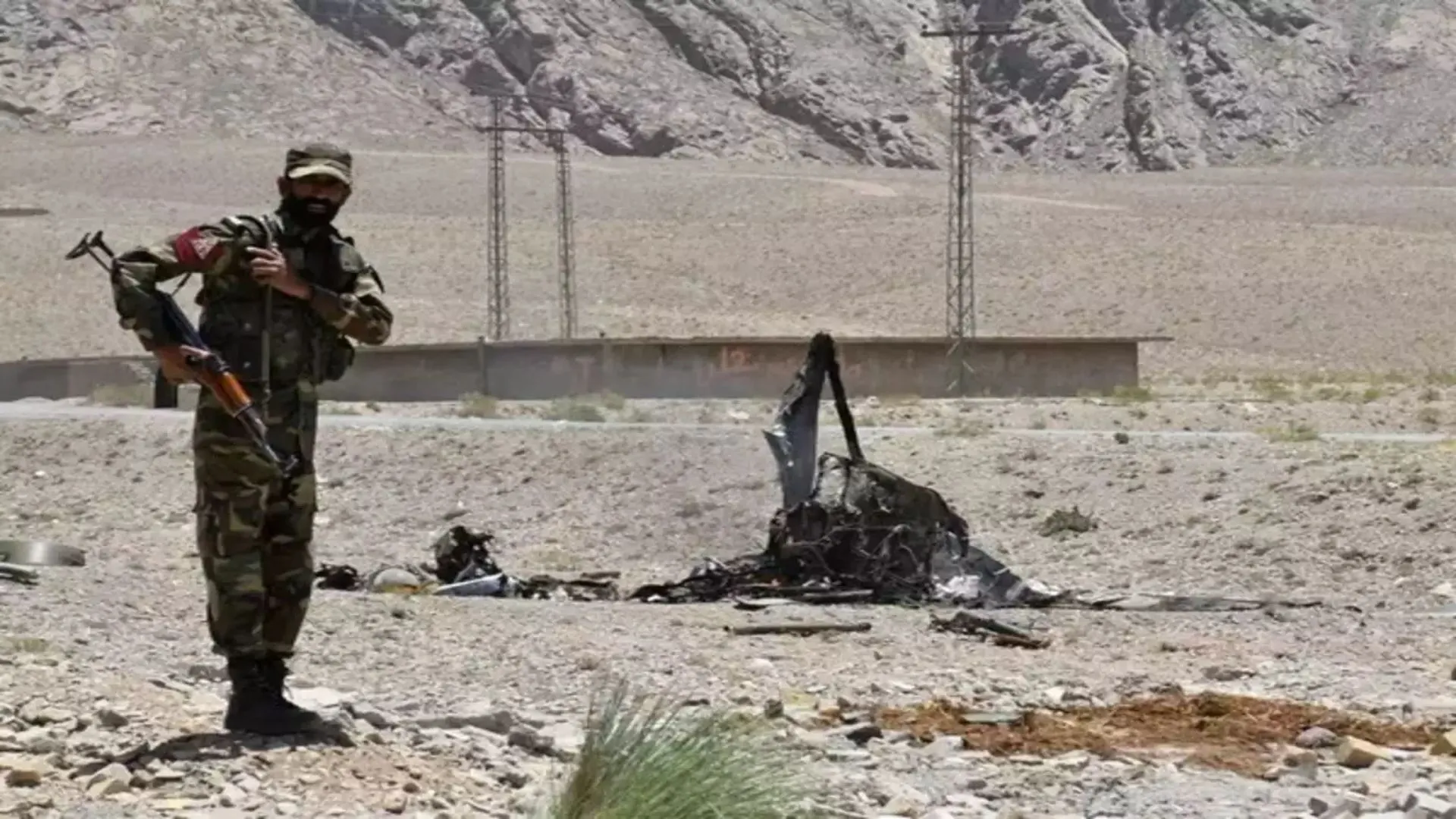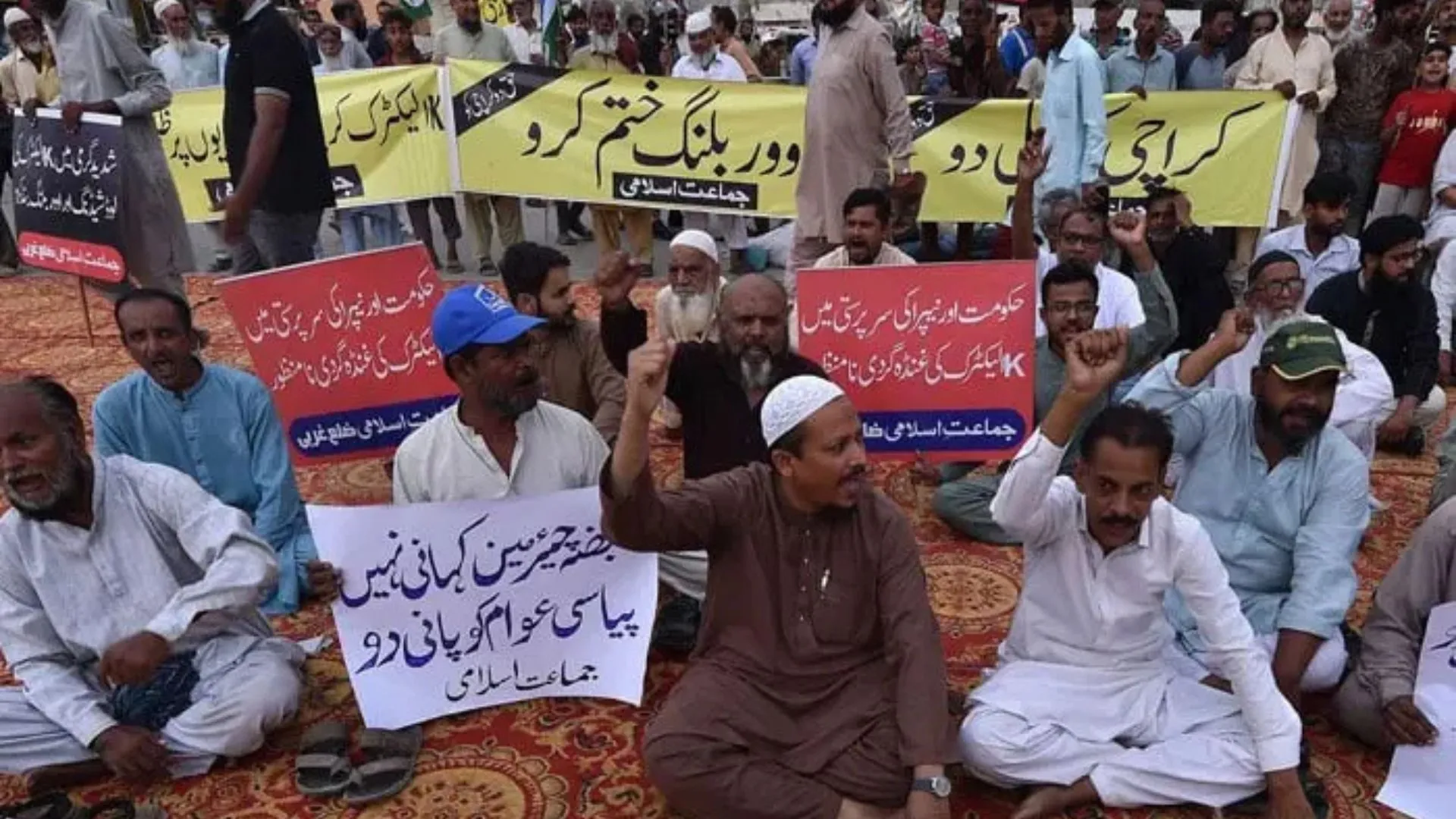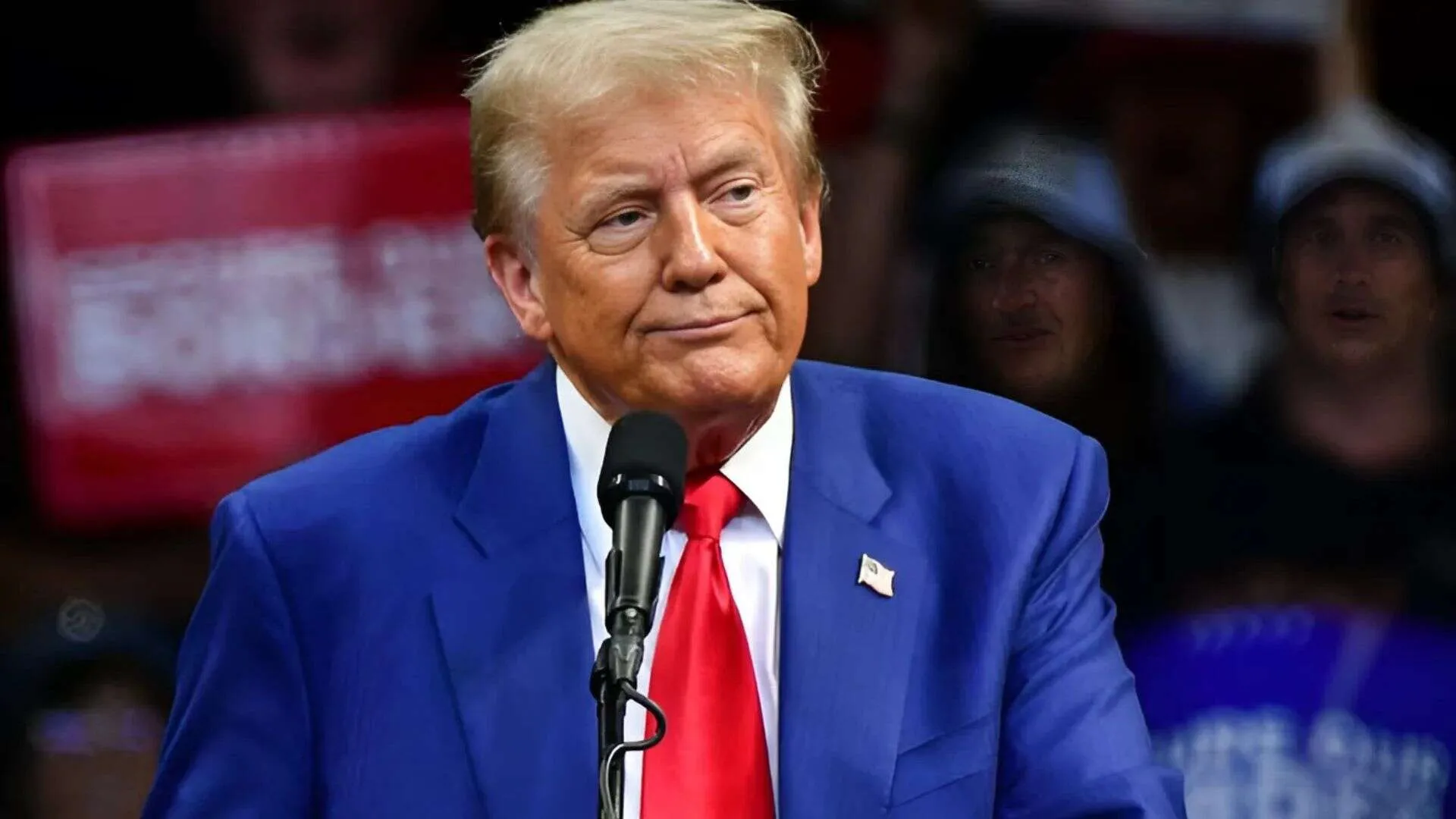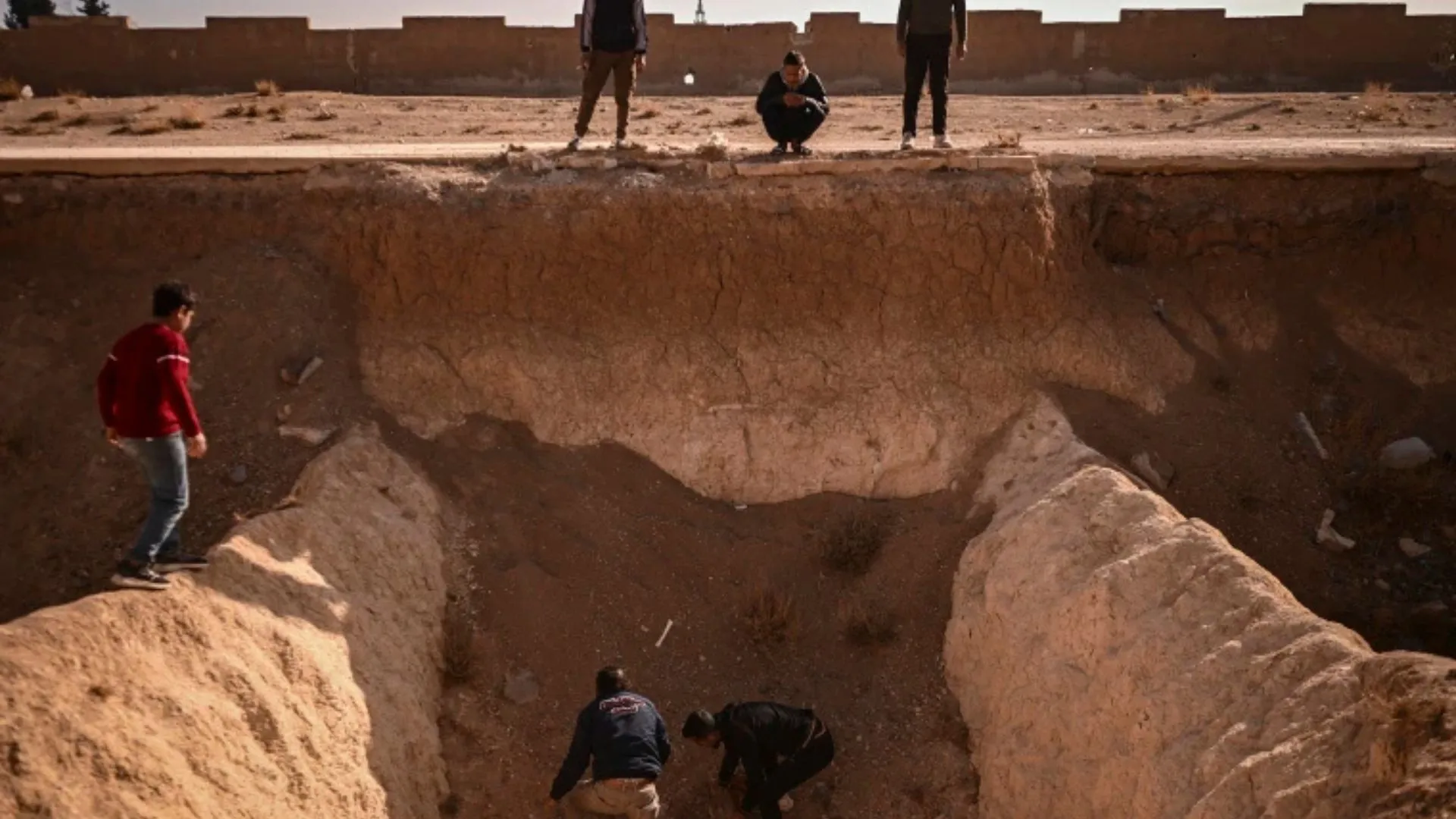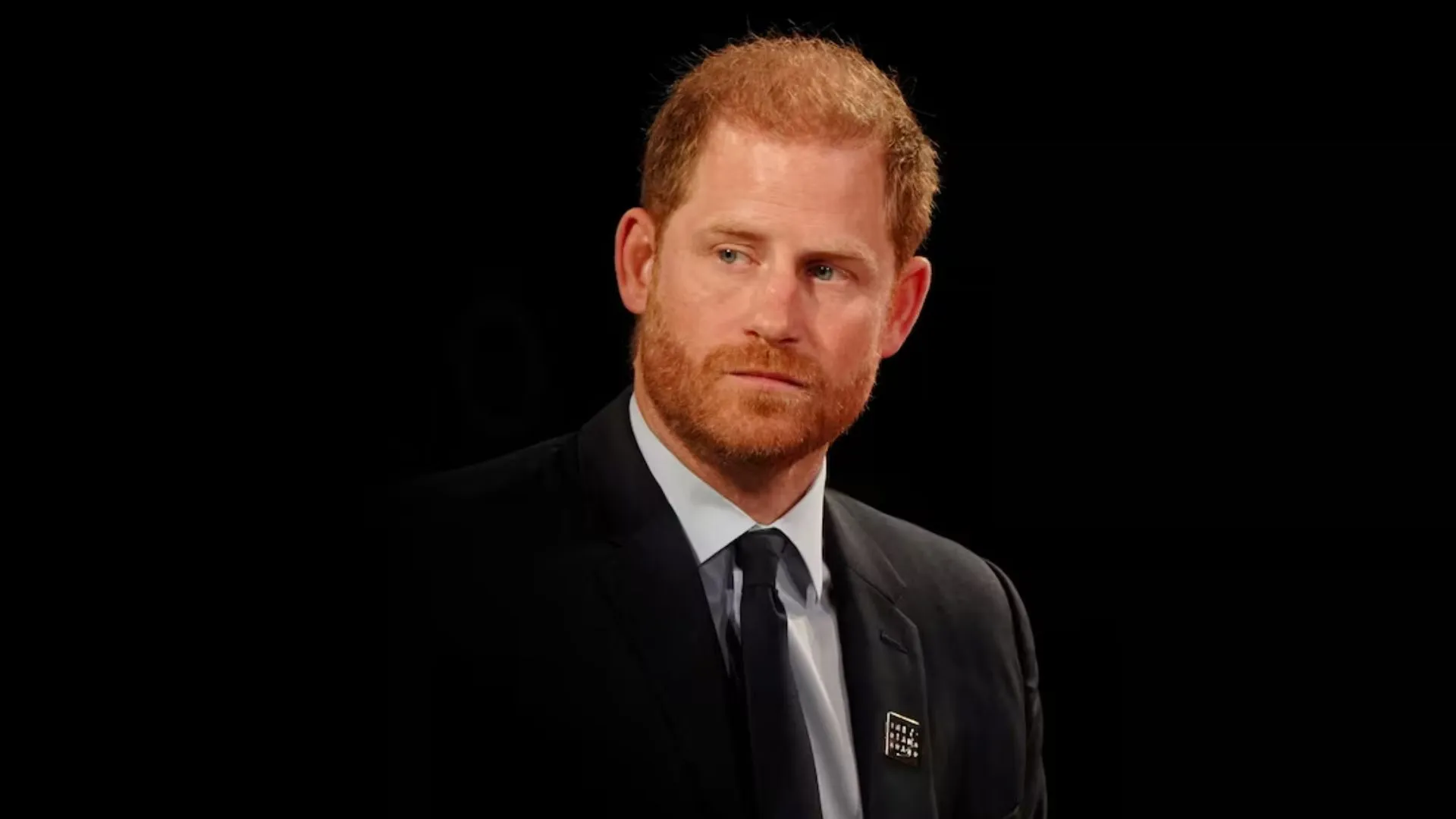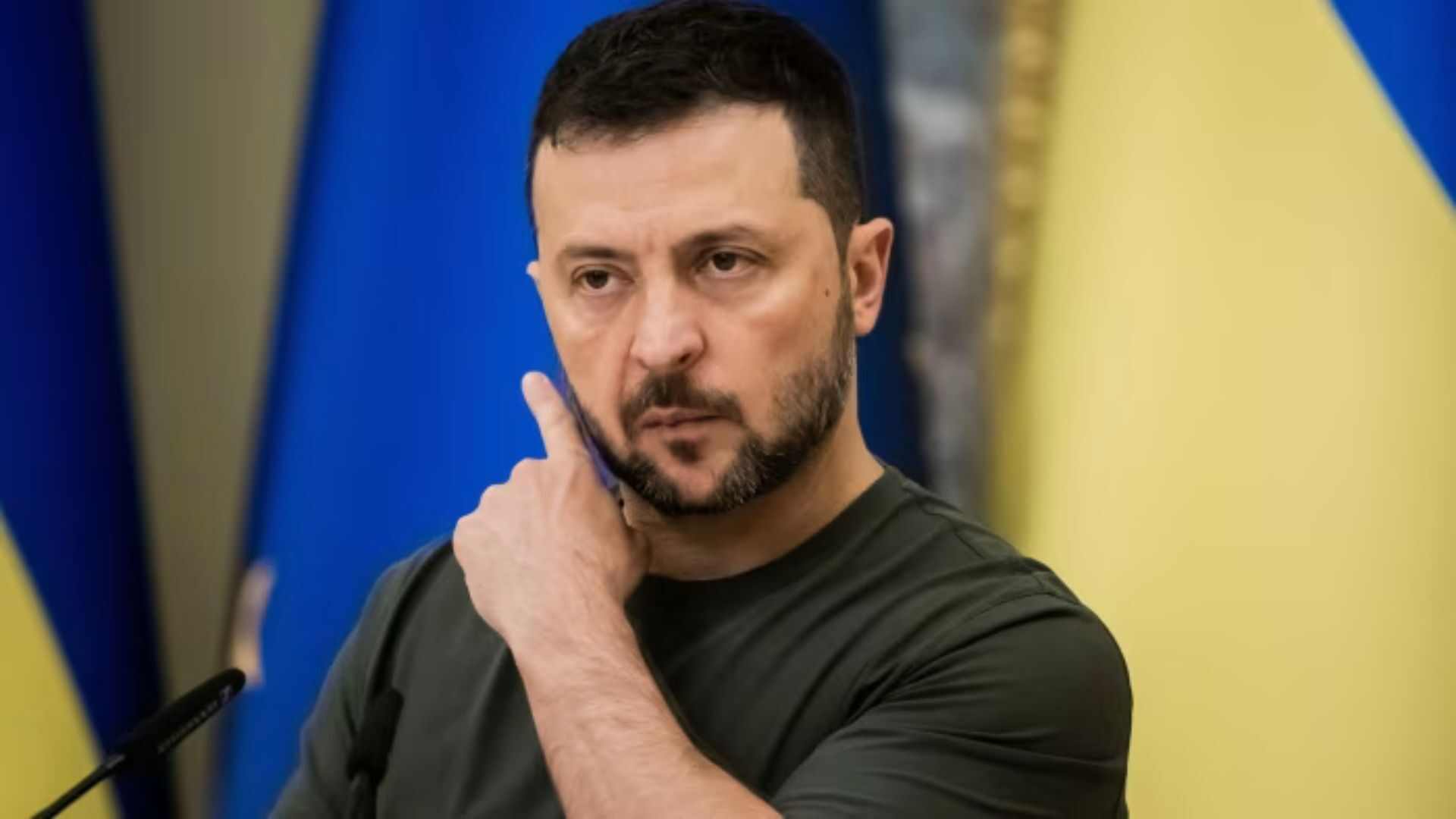In a significant escalation of its stance on China, NATO leaders on Wednesday identified China as a “decisive enabler” of Russia’s war against Ukraine. This declaration marks NATO’s most direct criticism yet of China’s role in the conflict, highlighting the “systemic challenges” Beijing poses to member nations’ security.
The joint declaration was made during a three-day leaders’ summit in Washington, hosted by US President Joe Biden, commemorating NATO’s 75th anniversary. The alliance underscored China’s “no limits” partnership with Russia and its extensive support for Russia’s defense industrial base, which they say enables Moscow to continue its military aggression. NATO leaders called on Beijing to “cease all material and political support to Russia’s war effort.”
In recent months, US and European leaders have accused China of bolstering Russia’s defense sector through the export of dual-use goods, which can serve both civilian and military purposes. China has consistently denied supplying weaponry to Russia, asserting strict controls over such exports.
NATO’s statement also delved deeper into concerns about China’s growing capabilities and activities in outer space and reiterated worries over Beijing’s “malicious cyber and hybrid activities,” including disinformation campaigns and its rapidly expanding nuclear arsenal.
“We remain open to constructive engagement with the PRC, including to build reciprocal transparency with a view to safeguarding the Alliance’s security interests,” the statement said, referring to China by the initials of its official name, the People’s Republic of China. “At the same time, we are boosting our shared awareness, enhancing our resilience and preparedness, and protecting against the PRC’s coercive tactics and efforts to divide the Alliance.”
This pointed declaration underscores NATO’s evolving perspective, as the 32-member alliance—traditionally focused on security in North America and Europe—increasingly views its security interests as linked to the Asia-Pacific region. This shift is evidenced by the inclusion of leaders from New Zealand, Japan, and South Korea at the NATO summit for the third consecutive year, signaling closer ties between these countries and the alliance, alongside Australia.
As NATO hardens its stance on Beijing, member countries continue to navigate divergent policies toward China. However, the alliance’s unified declaration reflects a growing consensus on the need to address the security challenges posed by China’s actions and alliances.

